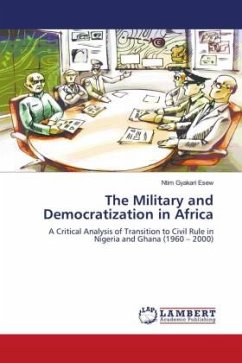War crimes have devastating effects on victims and perpetrators and endanger broader political and military goals. The protection of civilians, one of the most fundamental norms in the laws of war, appears to have weakened despite almost universal international agreement. Using insights from organizational theory, this book seeks to understand the process between military socialization and unit participation in war crimes. How do militaries train their soldiers in the laws of war? How do they enforce compliance with these laws? Drawing on evidence from the Korean War, the Malayan Emergency, and the Canadian peacekeeping mission in Somalia, the author discovers that military efforts to train soldiers about the laws of war are poor and leadership often sent mixed signals about the importance of compliance. However, units that developed subcultures that embraced these laws and had strong leadership were more likely to comply than those with weak discipline or countercultural norms.







